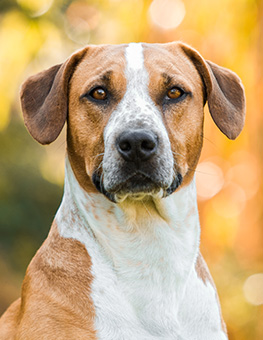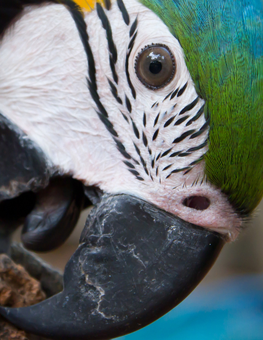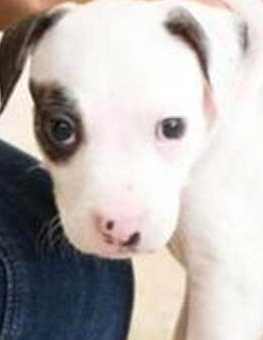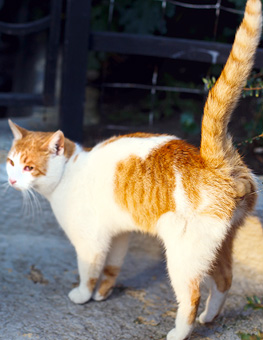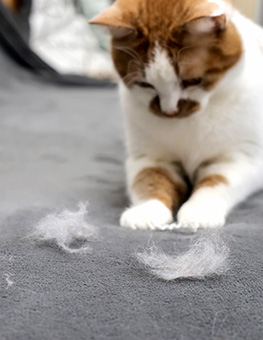Small Animal’s Teeth
Without the proper care, those little teeth can cause big problems.
Rabbits, guinea pigs, hamsters, mice, rats and chinchillas all have one thing in common: their teeth are open-rooted, which means they are always growing. Since their teeth aren't slowing down, give your small animal plenty to chew on to keep that growth under control.
Look for warning signs
Without proper tooth care, your pet could develop ulcers on his cheek or tongue or may not be able to eat at all. Here are some of the potential signs of overgrown teeth:
- Lack of appetite: The teeth may be too long to pick up food, or your pet may be in too much pain to eat
- Refusing to eat hard food: Ignoring the hard stuff in favor of softer fare may mean your pet's teeth and gums are sore.
- Unable to keep food in his mouth: Your pet's teeth may be so overgrown that he cannot keep the food in.
- Drooling: This may be an indication that your pet is not able to close its mouth properly or that it could be in pain.
- Runny nose: Elongated or inflamed upper incisors may irritate the sinus.
- Tears: Inflamed or elongated incisors may put pressure on the tear duct and cause tearing. If the upper incisor abscesses, there may be so much pressure on the eye that it may start to bulge out.
Follow the proper care
- To avoid dental problems, feed your pet a good commercial diet with a variety of grains and plenty of hay and fresh vegetables.
- Small animals are natural chewers, so items like chew sticks, chew blocks and untreated, chemical-free branches should always be available to him.
Chew items not only help keep your pet's teeth in good condition but also deter them from chewing on other harmful items, such as cage bars that might damage their teeth.


